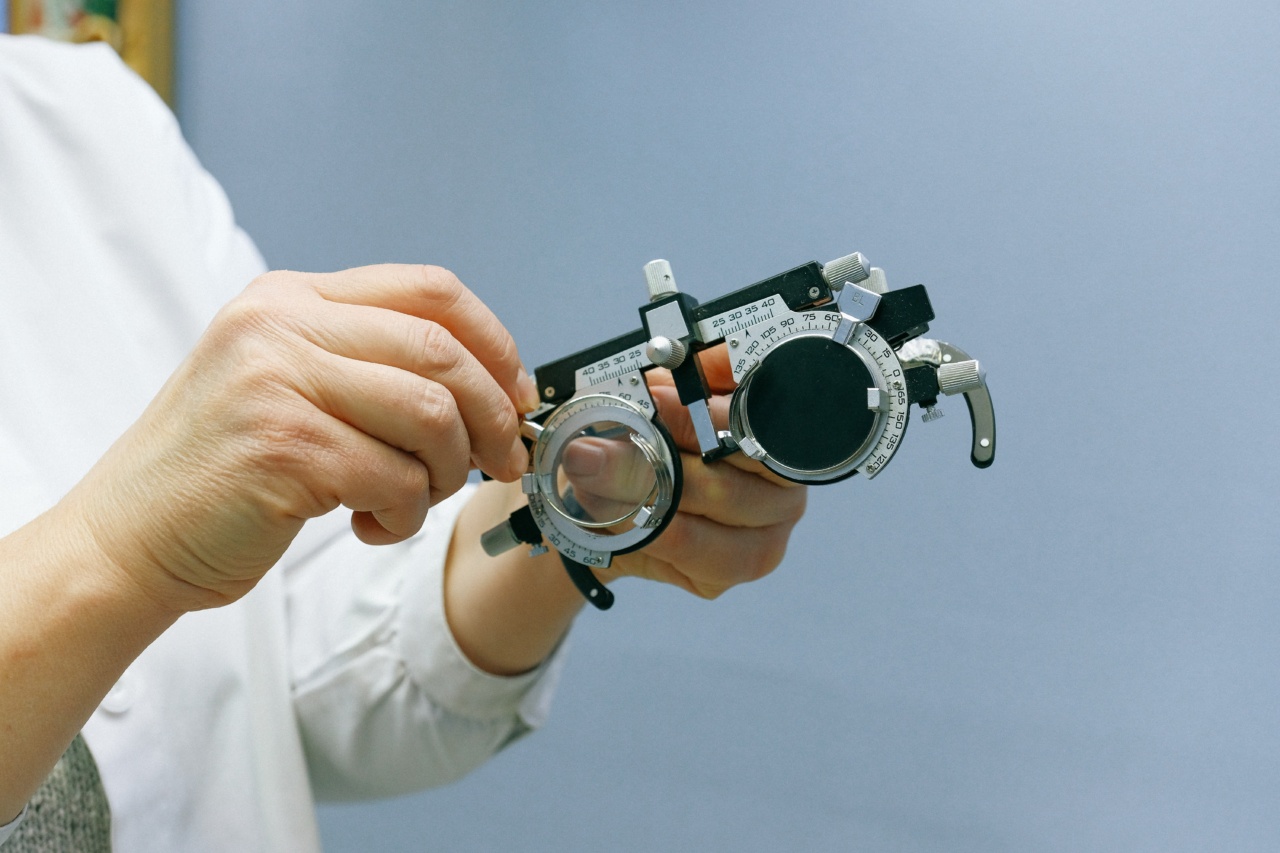Empathy is the ability to put yourself in someone else’s shoes and understand their feelings and experiences. Some people are naturally more empathetic than others, but it is a skill that can be developed and improved.
Take this test to find out how empathetic you are and discover ways to further develop your empathy.
: Instructions
Read each statement and select the answer that best describes you. There are no right or wrong answers – respond as honestly as possible.
: The Test
1. When someone is upset, I:.
a) Feel a sense of discomfort, but avoid getting involved.
b) Am concerned and try to offer help or support if possible.
c) Feel overwhelmed and unsure of how to respond.
2. When I see someone being mistreated, I:.
a) Do not get involved as it is not my business.
b) Am concerned and try to offer help if possible.
c) Feel overwhelmed and unsure of how to respond.
3. When someone is talking to me, I:.
a) Listen but am often impatient or distracted.
b) Try to be attentive and actively listen to what they are saying.
c) Struggle to stay focused and engaged.
4. When someone I care about is experiencing a difficult time, I:.
a) Feel sorry for them but do not offer help or support.
b) Am concerned and try to offer help or support if possible.
c) Feel overwhelmed and uncertain of how to respond.
5. When I witness a stranger’s misfortune, such as an accident or injury, I:.
a) Feel empathy but continue on with my day, as it is not my responsibility.
b) Stop and offer any help or support I can provide.
c) Feel overwhelmed and unsure of what to do.
6. When a friend confides in me about personal struggles or issues, I:.
a) Listen but do not offer any guidance or support.
b) Am concerned and try to provide support or guidance if possible.
c) Feel overwhelmed and uncertain of how to respond.
7. When someone expresses a different point of view than my own, I:.
a) Dismiss their opinion and stick to my own beliefs.
b) Try to understand their perspective, even if I do not agree.
c) Feel overwhelmed and unsure of how to respond.
8. When I see someone in need, such as a homeless person or someone struggling financially, I:.
a) Do not get involved as it is not my responsibility.
b) Am concerned and try to provide any support or assistance I can offer.
c) Feel overwhelmed and uncertain of how to respond.
9. When someone is crying or visibly upset in front of me, I:.
a) Feel uncomfortable and try to remove myself from the situation.
b) Am concerned and try to be supportive or offer assistance if possible.
c) Feel overwhelmed and unsure of how to respond.
10. When someone has a different culture or background than my own, I:.
a) Do not show interest or concern in their background or experiences.
b) Try to understand and learn more about their culture or background.
c) Feel overwhelmed and unsure of how to respond.
: Scoring
Add up the number of a, b, and c answers you selected.
If you selected mostly a answers, you may have room for improvement in your empathy skills. You may struggle with recognizing and responding to others’ emotions.
If you selected mostly b answers, you have a strong sense of empathy and may be a natural caregiver. You are likely able to recognize and respond to others’ emotions and needs.
If you selected mostly c answers, you may experience anxiety or discomfort when confronted with strong emotions or unfamiliar situations. This is an opportunity to practice and build your empathy skills.
: Ways to Improve Your Empathy
- Practice active listening
- Ask open-ended questions to understand someone else’s perspective
- Read books or watch movies that explore different cultures and experiences
- Volunteer or engage in community service to gain new experiences
- Practice mindfulness and self-care to manage stress and anxiety
Remember, empathy is a skill that can be developed and improved with practice. By working on your ability to tune in to others’ emotions and perspectives, you can become a more effective communicator, caregiver, and friend.































